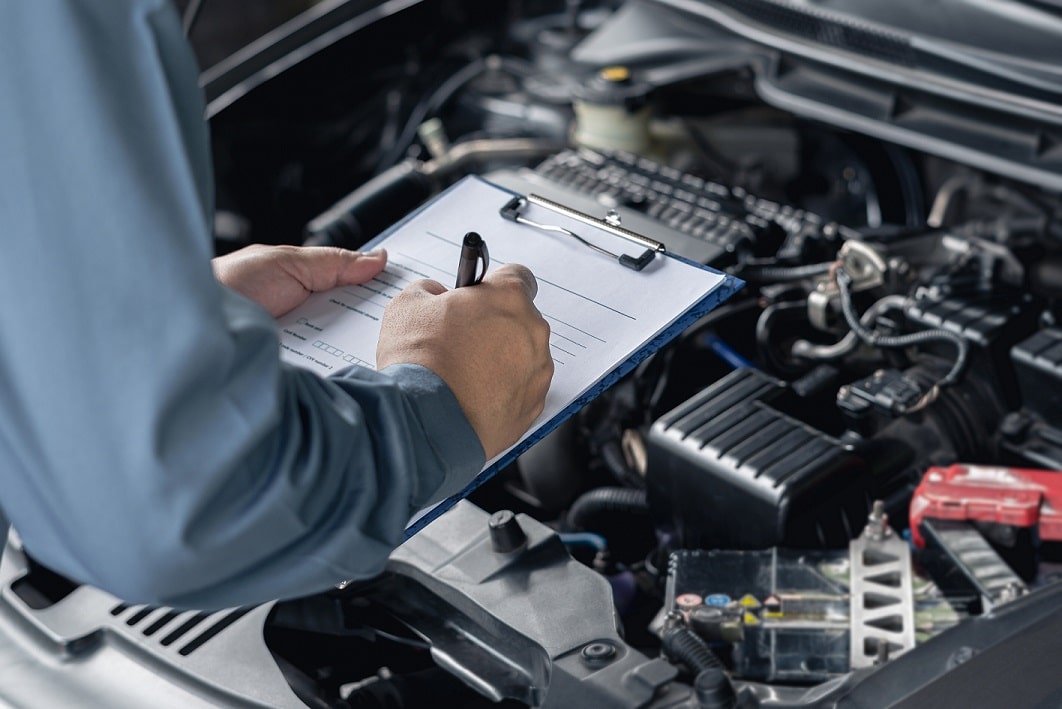All Categories
Featured
Automobile fluids play vital roles in guaranteeing smooth procedure, safety, and longevity. Below, we'll explore the relevance of monitoring and keeping your car's liquids and ideas for doing so properly.
- Engine Oil: Protecting Important Parts. Engine oil makes sure that the moving components of your engine continue to be moisturized, lowering rubbing and protecting against overheating. With time, engine oil breaks down or becomes polluted, lessening its performance. Without proper lubrication, engine elements can wear rapidly, resulting in lowered performance or total failing.
Exactly How to Keep: Inspect the oil degree making use of the dipstick and complete if required. Follow your automobile's solution timetable for oil modifications, normally every 3,000 to 7,500 miles, depending on the sort of oil and your driving behaviors. 2. Coolant: Taking Care Of Engine Temperatures. Coolant, or antifreeze, aids regulate your engine's temperature level, preventing overheating in summertime and freezing in winter months. As it distributes, coolant soaks up excess warm and eliminates it with the radiator. Over time, pollutants can develop, or the fluid may degrade, decreasing its performance.

How to Preserve: On a regular basis examine coolant degrees in the reservoir and inspect for leaks or discoloration. Flush and replace coolant as recommended, generally every 2 to 5 years. 3. Transmission Liquid: Smooth Gear Procedure. Transmission liquid oils the transmission system and makes certain smooth equipment changes. A properly maintained transmission liquid prevents overheating and secures internal components from wear. Failing to preserve this fluid can lead to costly repair services or substitutes.
Exactly How to Preserve: Examine the liquid degrees (if your automobile has a dipstick for transmission fluid) and check its shade. Scorched or dark fluid suggests it's time for a change, usually every 30,000 to 60,000 miles. 4. Brake Liquid: Ensuring Security. Brake liquid is vital for transferring pressure from your foot on the brake pedal to the braking system, allowing your vehicle to stop efficiently. In time, brake fluid can absorb moisture, lowering its boiling point and jeopardizing braking efficiency.
How to Preserve: Examine the brake liquid degree and problem. Have it changed if it appears dirty or dark. Numerous manufacturers recommend transforming brake liquid every two years or as needed. 5. Power Steering Liquid: Easy Maneuverability. Power guiding fluid permits smooth and easy guiding. Reduced degrees or polluted liquid can make steering difficult, enhancing the risk of crashes.
How to Keep: Examine the fluid on a regular basis and re-fill if levels are low. Watch out for leakages, which can result in steering system damages if unsettled. 6. Windscreen Washing Machine Fluid: Clear Visibility. Not connected to performance, windshield washer fluid is important for maintaining presence. It aids keep the windscreen clean, especially throughout bad climate or when dust collects.

Just How to Keep: Fill up the reservoir as needed and make use of washing machine liquid made for your climate to stop cold or spotting. Ideal Practices for Liquid Maintenance. Comply with the Maker's Schedule: Describe your vehicle's proprietor guidebook for upkeep periods particular to your vehicle. Monitor for Leaks: Finding fluid leakages early can stop serious damages. Try to find puddles or discolorations under your car. Utilize the Correct Fluids: Constantly utilize fluids suggested by your car's maker to avoid compatibility issues. Take Notice Of Indication: Dashboard warning lights, weird smells, or uncommon performance can suggest fluid-related problems. The Advantages of Regular Fluid Checks. Boosted Performance: Fluids in excellent condition assistance all systems run efficiently. Prolonged Life-span: Proper lubrication and air conditioning prevent premature damage on elements. Improved Security: Brake liquid and coolant are necessary for risk-free driving. Cost Savings: Resolving fluid concerns early can avoid pricey repair work later on. Conclusion. Monitoring and preserving your vehicle's fluids is a simple but critical component of vehicle possession. Whether it's oil, coolant, or brake liquid, staying proactive with maintenance is the essential to lasting automobile wellness.
Latest Posts
Join WyHy FCU – Top Benefits for Your Future
Published May 26, 25
1 min read
How Chicago Drivers Pick Montclare Auto Repair for Trusted Service and Great Savings
Published May 22, 25
1 min read
Discover Special Auto Repair Specials in Chicago at Montclare Auto Repair
Published May 21, 25
1 min read
More
Latest Posts
Join WyHy FCU – Top Benefits for Your Future
Published May 26, 25
1 min read
How Chicago Drivers Pick Montclare Auto Repair for Trusted Service and Great Savings
Published May 22, 25
1 min read
Discover Special Auto Repair Specials in Chicago at Montclare Auto Repair
Published May 21, 25
1 min read